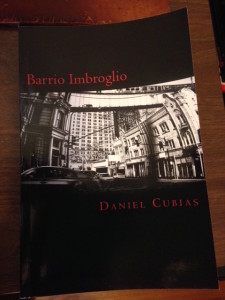In the wake of last week’s horrific terrorist attacks in Paris, many U.S. presidential candidates are lining up to say how uber-tough, how mega-manly they are and how they would wipe out Isis in a weekend (three days tops) if given the role of commander in chief. It’s quite a display of fortitude.
Forgive me if I’m a bit incredulous.
But let’s leave questions about homicidal religious nuts and complex military strategies aside for now.
Instead, let me bring up a related topic, which is the GOP’s continuing image problem. And I’m not just talking about the Republicans’ struggles to connect with Latino voters.
You see, many Republicans come across as hostile to the poor, fearful of immigrants, and paranoid about the world. In addition, many conservatives are hypocrites about their ardent pro-life stance, in that they seem obsessed with fetuses but indifferent to children once they are actually born.
Fortunately, GOP presidential candidate Chris Christie has the solution to the Republican Party’s branding crisis. Christie doesn’t buy that he and his fellow conservatives are irrational, cold-hearted xenophobes who hate kids.
And that’s why he wants to prevent five-year-old Syrian war orphans from getting into this country and blowing us all up.
Hey, thanks for the perspective, Governor Christie.














